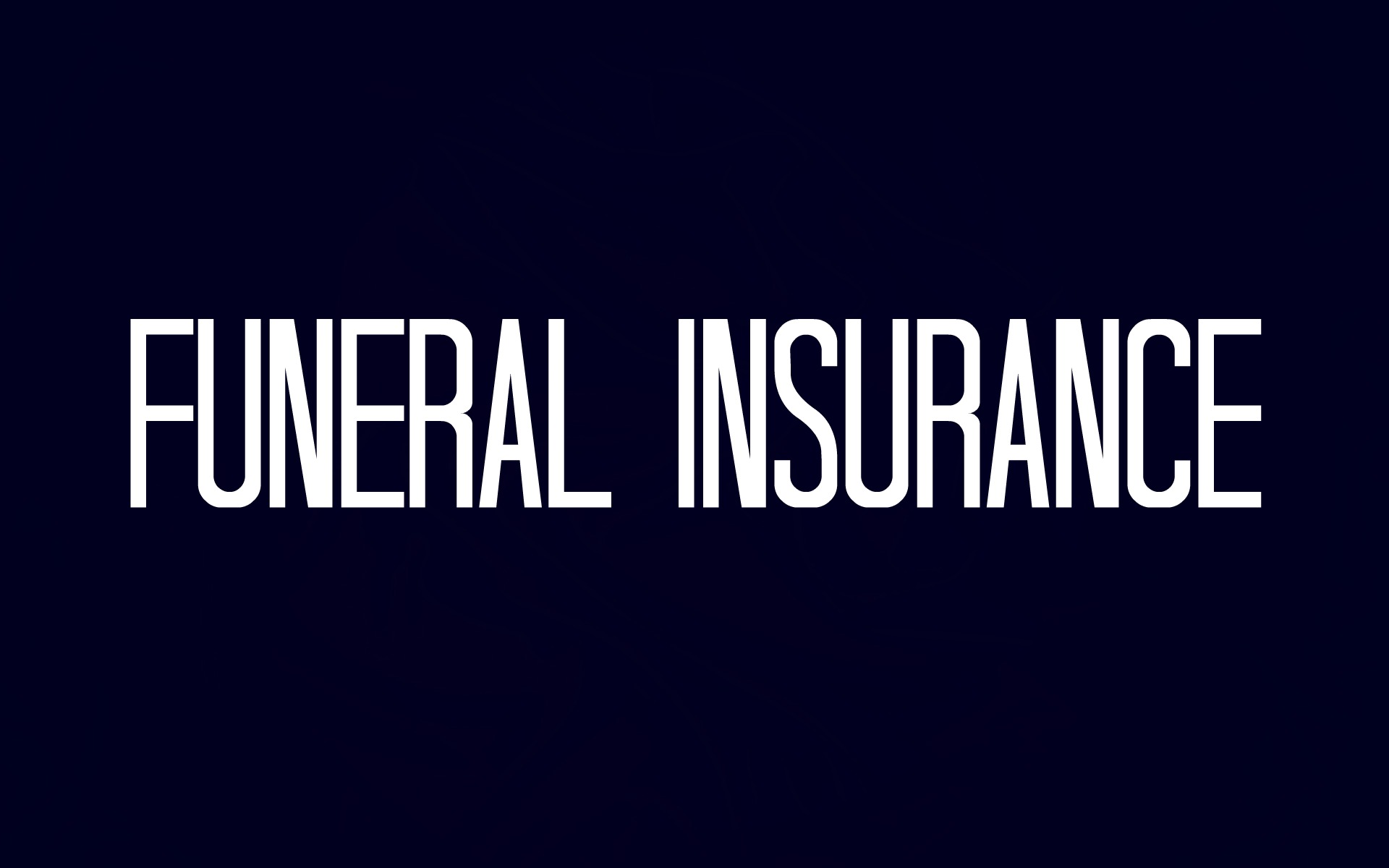Last Updated on Mar 11, 2020 by James W
Death is not an easy subject to talk about. That is why so many people often put off the task of planning for their final expenses. However, when people neglect to properly plan for their funeral and final expenses, their loved ones are often left to deal with unnecessary financial burdens.
According to the Funeral Directors Association of New Zealand, the average cost of a basic funeral service is about $8,800. Once figures for better burial plots, vaults and headstones are factored in, that cost number can rise exponentially. For a family that was already struggling financially before being left to handle a loved one’s final expenses, paying off a $10,000-$15,000 funeral bill may not only seem impossible, it could very well be.
The good news is families do not have to be left in financial dire straits after the passing of a loved one. There are a number of affordable ways that people can plan and pay for their final expenses in life so that when their time comes, their families will have the peace of mind that comes from knowing the final expenses are paid for.
One type of funeral insurance comes in the form of a life insurance policy. Life insurance policies were created to award a pre-determined amount of money to a person named as beneficiary on the policy, in the event of the death of the policy holder. Life insurance policies can be purchased in amounts that allow for funeral expenses in addition to other expenses and are paid to the beneficiary upon the death of the policy holder. The beneficiary would then pay the funeral home directly for the final expenses, using the money from the life insurance policy.
Another type of funeral insurance is a type of cover where the policy amount is less and names the funeral director as the beneficiary. These types of policies can be taken out in addition to larger life insurance policies that are paid to families and one will not affect the other. The only difference is with this type of policy, the money goes directly to the funeral home upon the death of the policy holder, which saves the family the extra step of having to plan and pay for the funeral out of their other funds.
The final option for funeral insurance is a pre-paid pre-needs plan sold directly by the funeral home. Under these plans, all the options – like included services, the casket and burial plot – are chosen and paid for ahead of time in one packaged deal. These types of plans can be paid for in a lump sum or via monthly installments, like the aforementioned funeral insurance policies. A pre-needs plan may be the better option because it allows the policy holder to be in on the planning of their funeral and to choose which services are right for them and relieves the family of having to do all the planning and decision making when the time comes. Read more on difference between funeral insurance and pre-paid funeral plan.
Don’t feel pressured to purchase the first funeral insurance policy you find. Shop around and do your research to be sure that you’re getting the best deal. Some funeral insurance policies include many unnecessary or unwanted services, which can increase the cost of a funeral dramatically. Alternately, some policies may not cover all the basics, thereby leaving your family with unexpected out of pocket expenses. Also, there are some govt funeral grants available for qualified people; you can have a look into your local govt website to check if you meet the criteria. Knowing what you want and need in a funeral service beforehand can help ensure that you find a funeral insurance policy that not only meets, but exceeds those needs.





